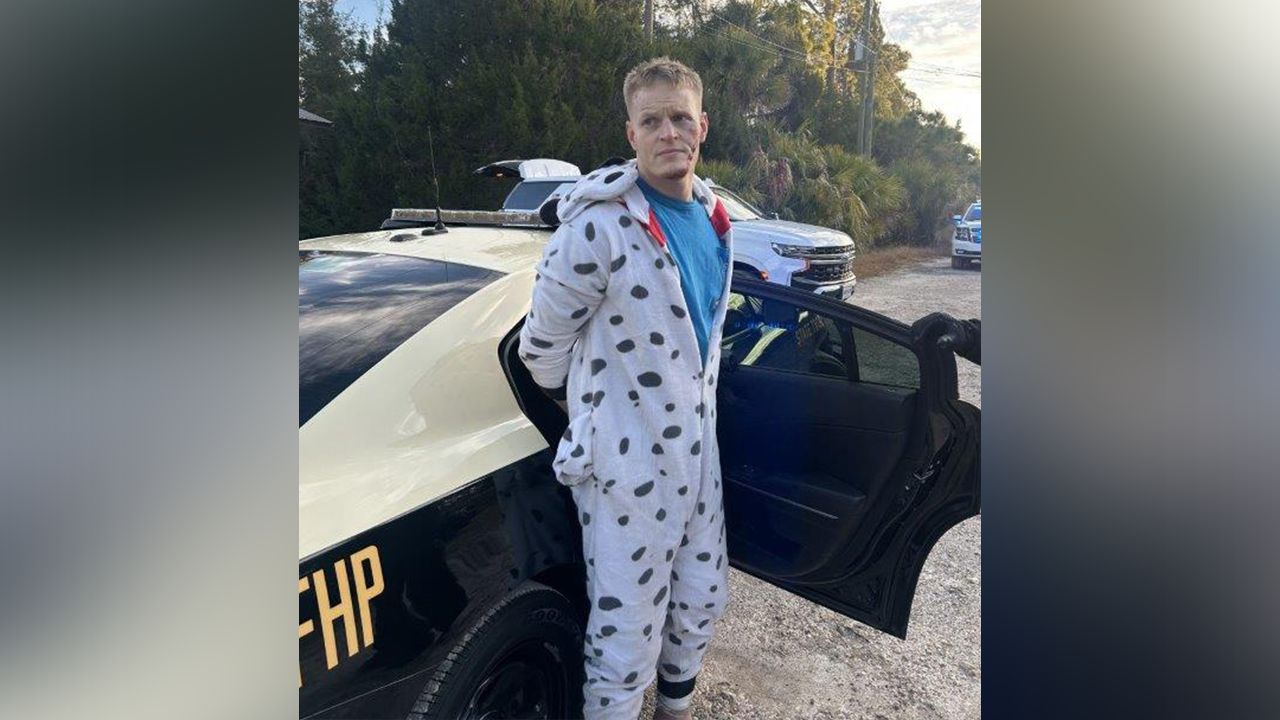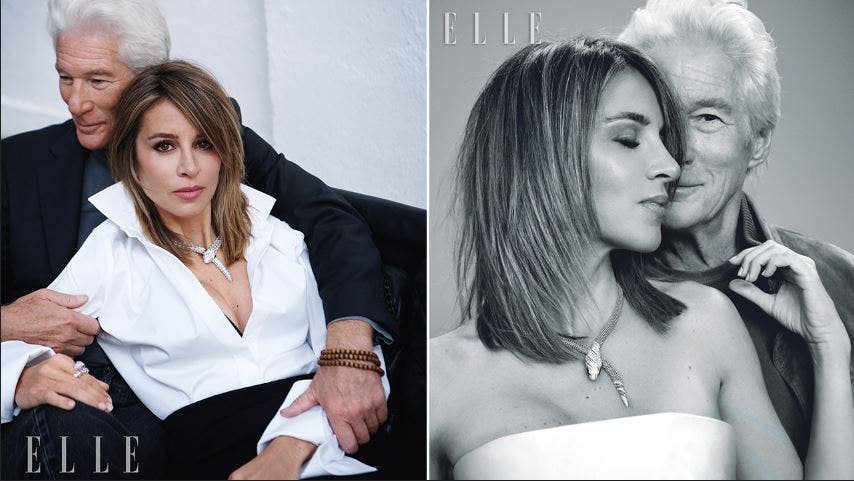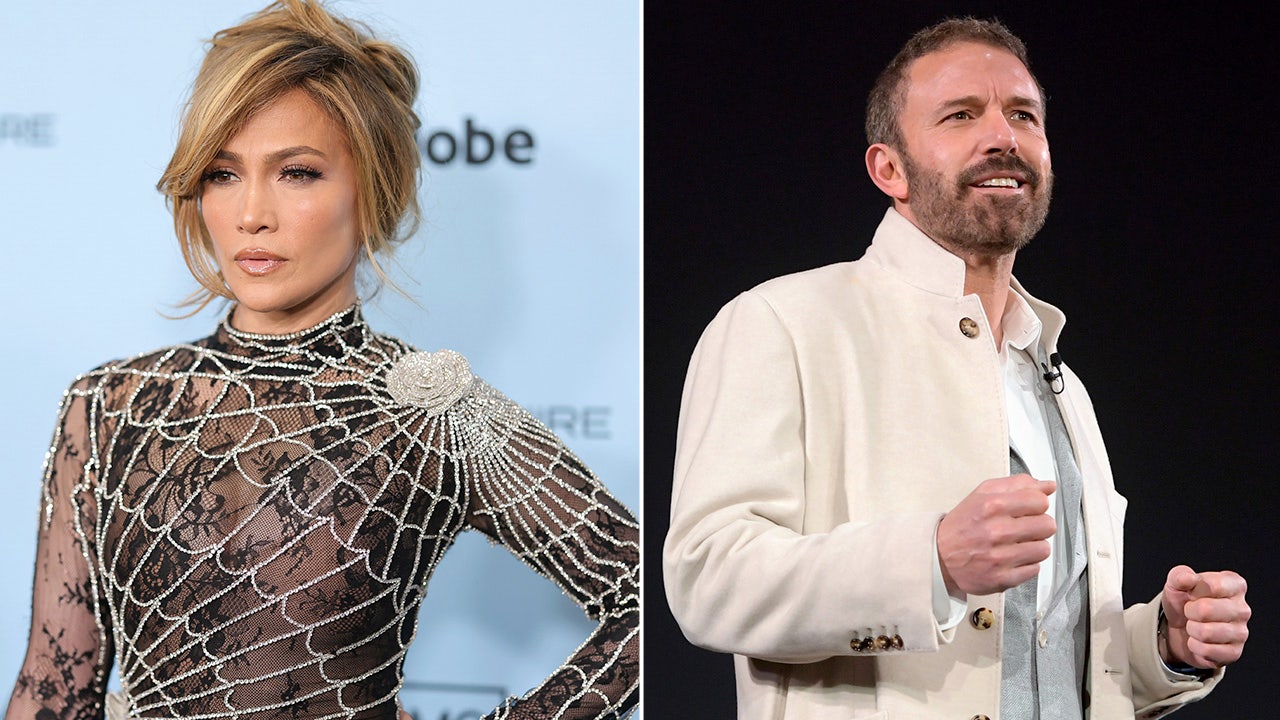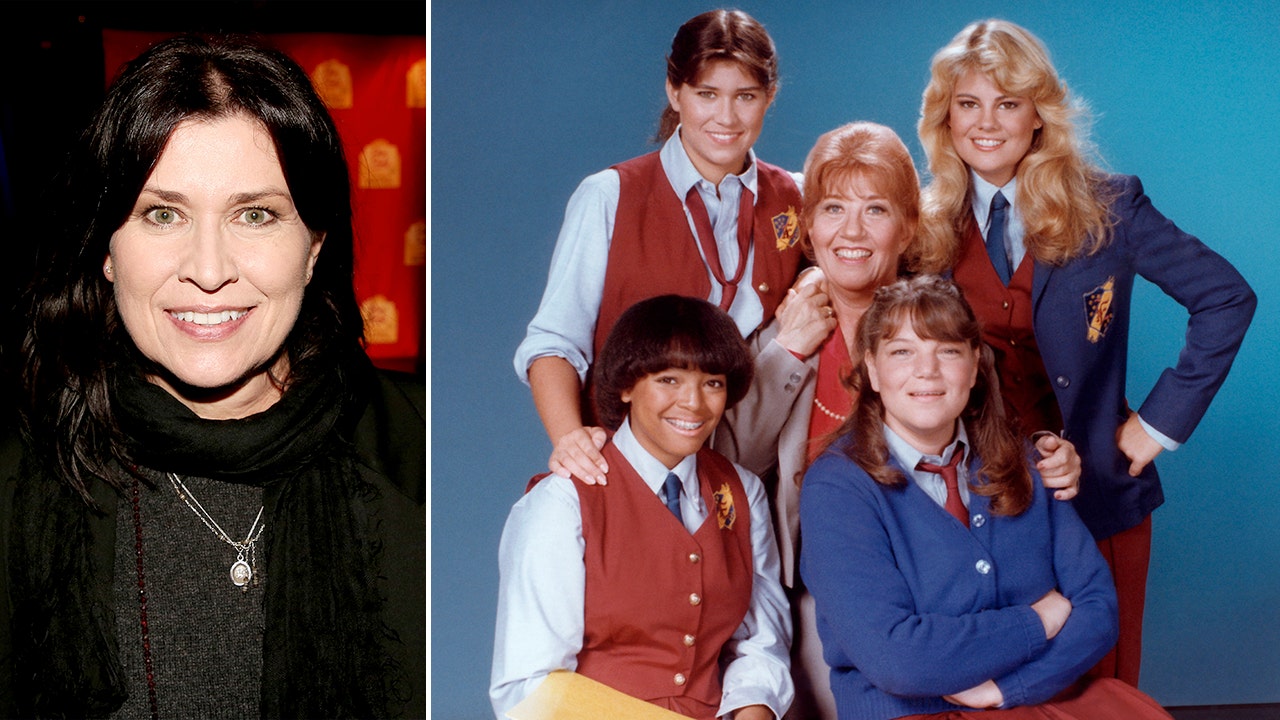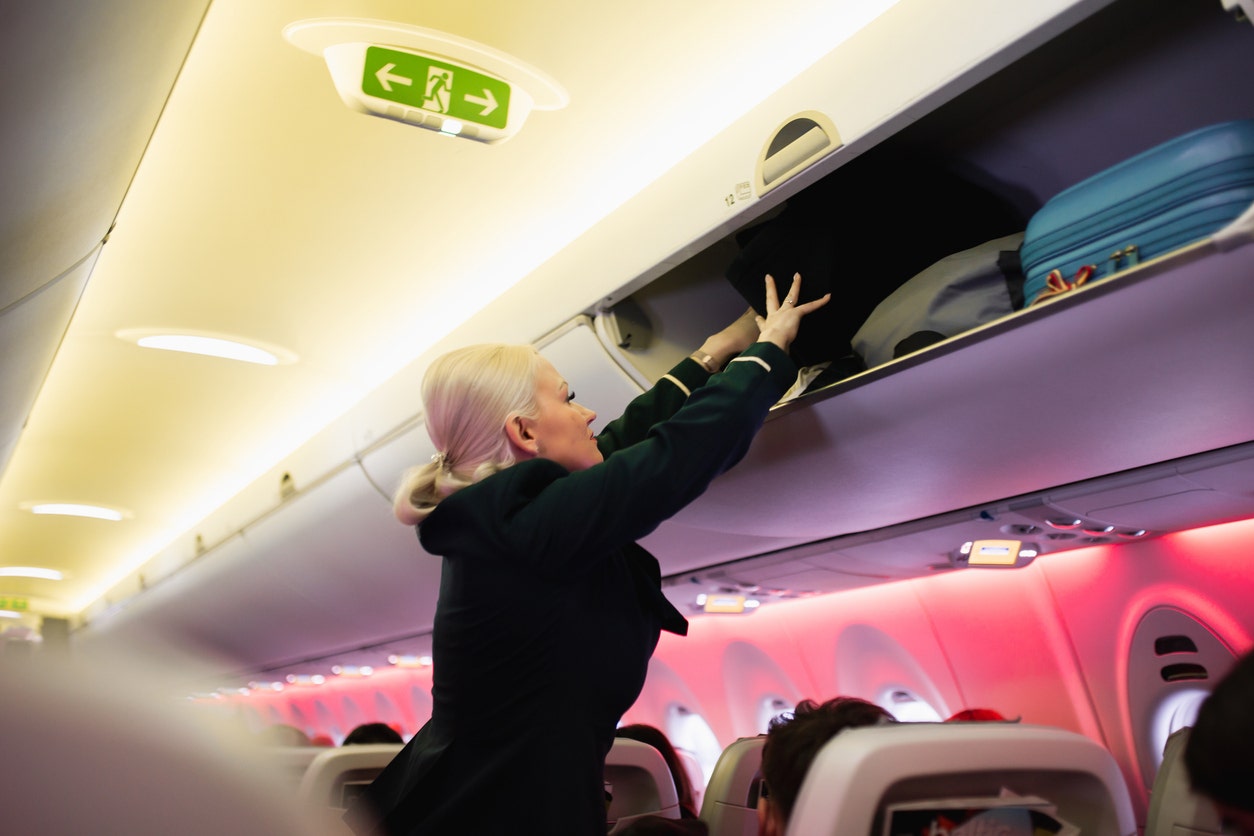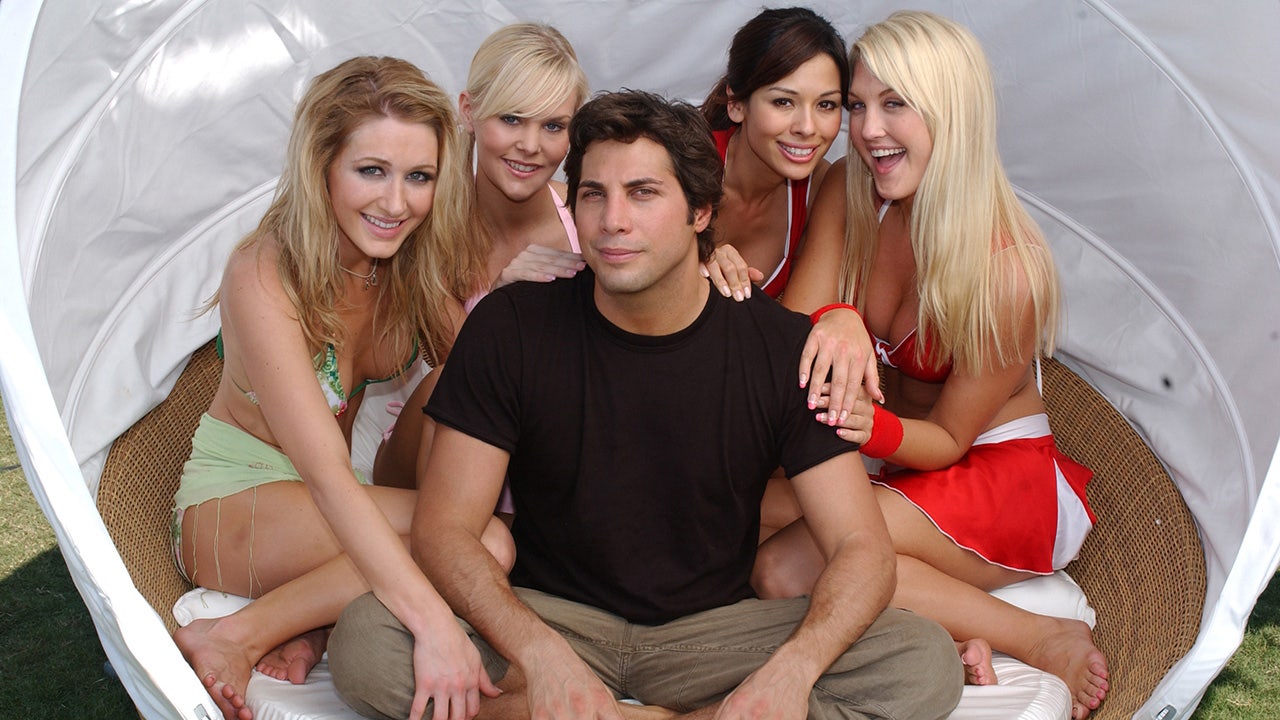For much of the early 21st century, “Girls Gone Wild” exploited underage girls in a façade of carefree exuberance, all while cashing in on the vulnerabilities of youth. This pop culture train wreck thrived on the raw energy of its participants, many of whom found themselves saying “yes” when they truly wanted to say “no.” Now, in a stark departure from the glitz of those years, a gripping docuseries titled “Girls Gone Wild: The Untold Story” emerges from the shadows, revealing the unsettling truths that lay beneath the surface.
This courageous series, which debuted on Peacock on December 3, unveils a chilling narrative filled with disturbing allegations like child abuse, exploitation, and an alarming amount of sexual misconduct—all reportedly orchestrated by its controversial founder, Joe Francis.
The docuseries is a platform for the many voices affected by Francis’ empire. Victims and former staunch supporters alike share heart-wrenching accounts. Meanwhile, Francis, now a figure living in seclusion in Mexico, offers his side of the story in his first candid interviews in many years.
Here are six shocking revelations from “Girls Gone Wild: The Untold Story.”
REVEALING THE UNDERAGE SCANDAL
The claims of underage exploitation are not just whispers in the dark. They echo loudly within the series as Francis distastefully addresses the age of the women he actively filmed. He bluntly states, “I don’t want f—ing minors in my s—. I don’t wanna go to jail.” He argues that 18 years old marked legality, framing his pursuit as a mere business necessity. However, beneath this lie is the haunting reality that many girls, like Lori, were much younger than the stated age.
Lori, recalling her experience, described how she was only 16 when she participated, under the false impression of anonymity. “The shiny disco-ball beads lured me in,” she said, mentioning how she had flashed for them. Despite her youth, her decision felt innocent at the time. The truth is bleak—she did take legal action against “Girls Gone Wild!” and managed a small settlement. Yet she reflects sadly, “It was like finding a needle in a haystack,” as young girls were everywhere in the videos.
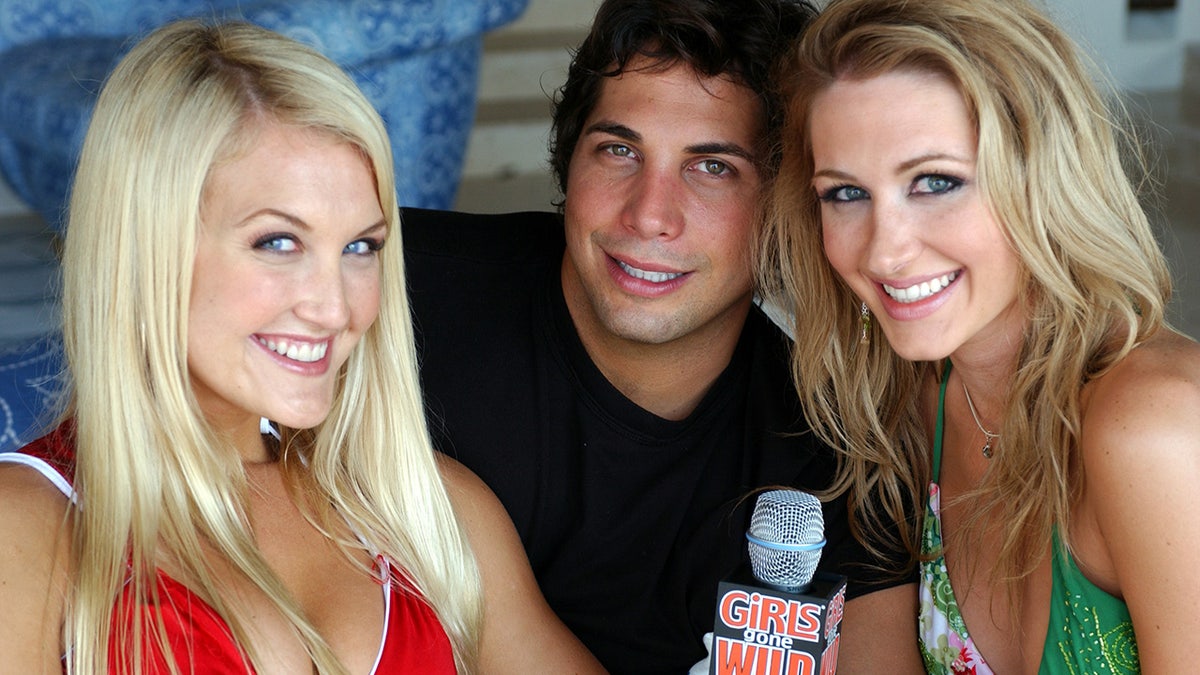
Another voice, Trista, though of legal age, shares how the state of vulnerability engulfed her that day. “Back then, social media was a distant concern. I lost track of my friends, and then I was approached,” she recalled. Friends turned to strangers, and inebriation fogged her memory. “I knew what happened wasn’t right, but clarity was missing.” To her, the entire operation seemed sordid, leaving behind an ethical quagmire that still weighs heavily on her conscience. Others like Danielle echoed similar sentiments, revealing a painful truth about acceptance and the pressure to comply.
UNACCEPTABLE PRESSURE TO CONFORM
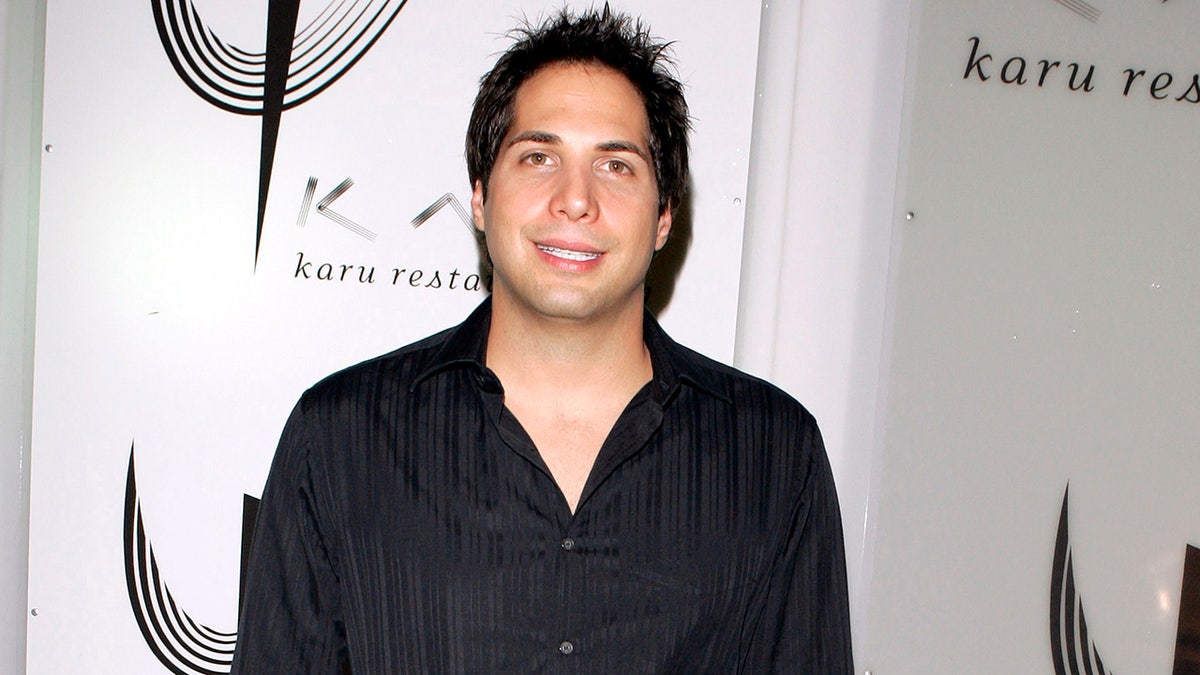
Within the dark underbelly of “Girls Gone Wild,” a pervasive culture emerged, one that set the stage for disregard towards consent. It was not just about the cinematic escapades but rather the mantra of the crew—don’t take ‘no’ for an answer. In an unnerving revelation, a Mantra Films executive applauded the dubious achievements of cameramen who managed to coerce an unwilling woman into fuller exposure. “I love to see guys take a girl who wasn’t going to do anything,” was the unsettling affirmation to a troubling behavior.
Guidelines displayed for producers reinforced this troubling ethos, urging persistence in the face of resistance, especially towards those considered “cuter”—a deeply unsettling approach that prioritized visuals over ethics.
AN EARLY RUN-IN WITH THE LAW
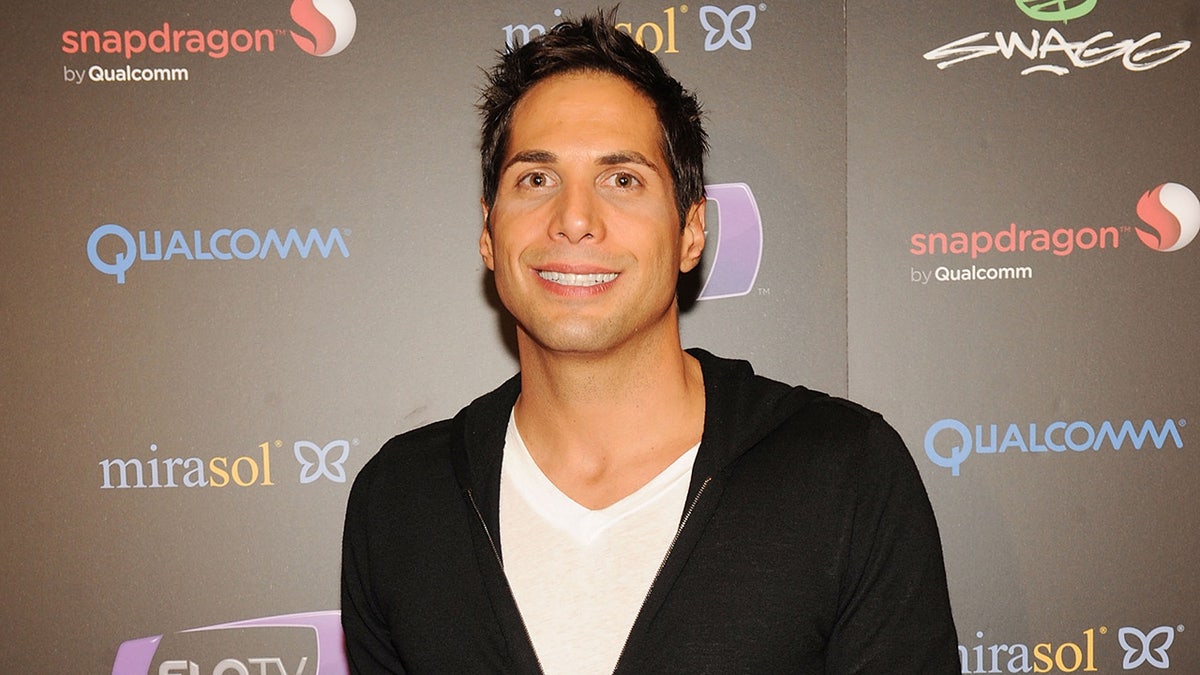
As the saga unfolded, dodging legal scrutiny became an art form for Francis. The year 2003 marked a fleeting brush with the law when authorities in Panama City acted against him for racketeering, although the charge was ultimately dropped. That year illustrated a pattern: as the allegations spiraled, law enforcement began to connect the dots between Francis’ recordings and the disturbing instances of child prostitution and pornography.
When the FBI raided his establishment in 2005, their suspicions about unreleased footage ran rampant. Another production supervisor softly echoed the haunting tones of culpability, “Before the FBI came, we got rid of any title that was problematic.” The remnants of secrets put to the fire exemplify an organization constructed on dubious moral grounds.
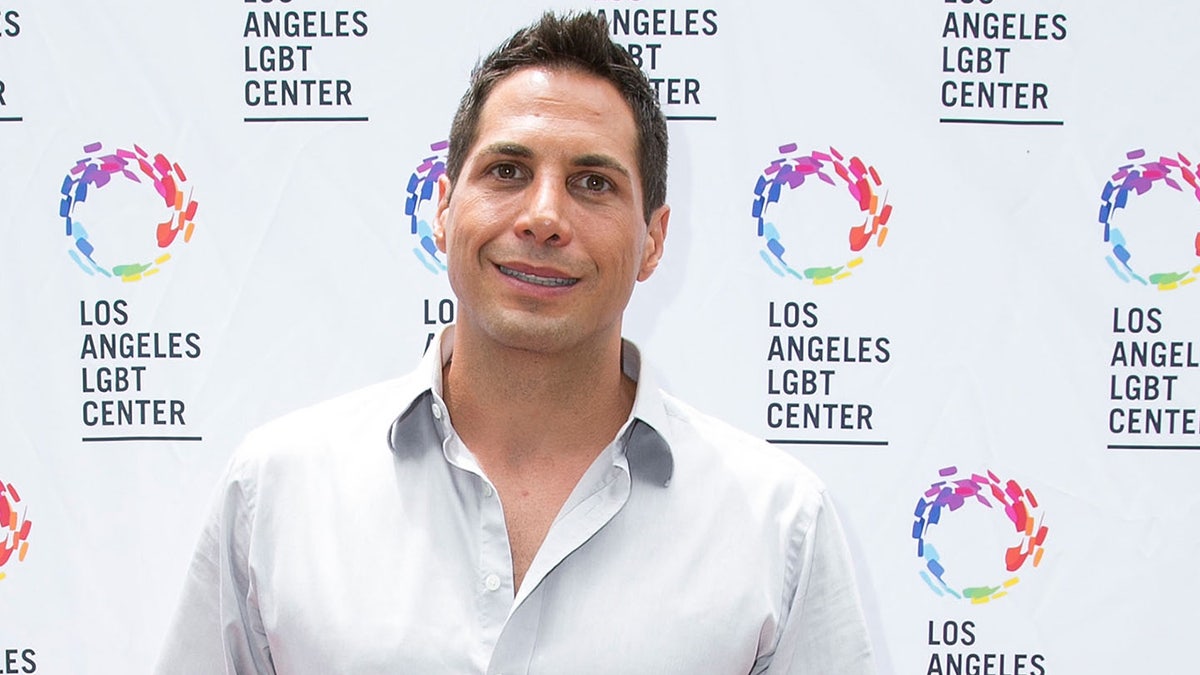
By the closing of another chapter in 2006, Francis pled guilty to charges of producing explicit content without the required records. Yet the fallout appeared mildly controlled with a mere slap—the fine felt paltry against the backdrop of the lives affected.
DENIAL IN THE FACE OF VICTIMHOOD
When confronted about the myriad claims regarding the women involved, Francis stood firm, asserting he felt no guilt. “They victimized me,” he declared as if the pain inflicted upon young women was simply collateral damage in his pursuit of fame. The irony lies deeply rooted—those labeled ‘victim’ became vessels of fabricated blame reflecting back toward him. He pushed the belief that law enforcement was merely a puppet in an elaborate charade aimed at him. “I walked into a f—ing snakepit,” he said, attempting to shift the narrative back onto a society he felt wronged him.
ALLEGATIONS OF ASSAULT AND RAPES
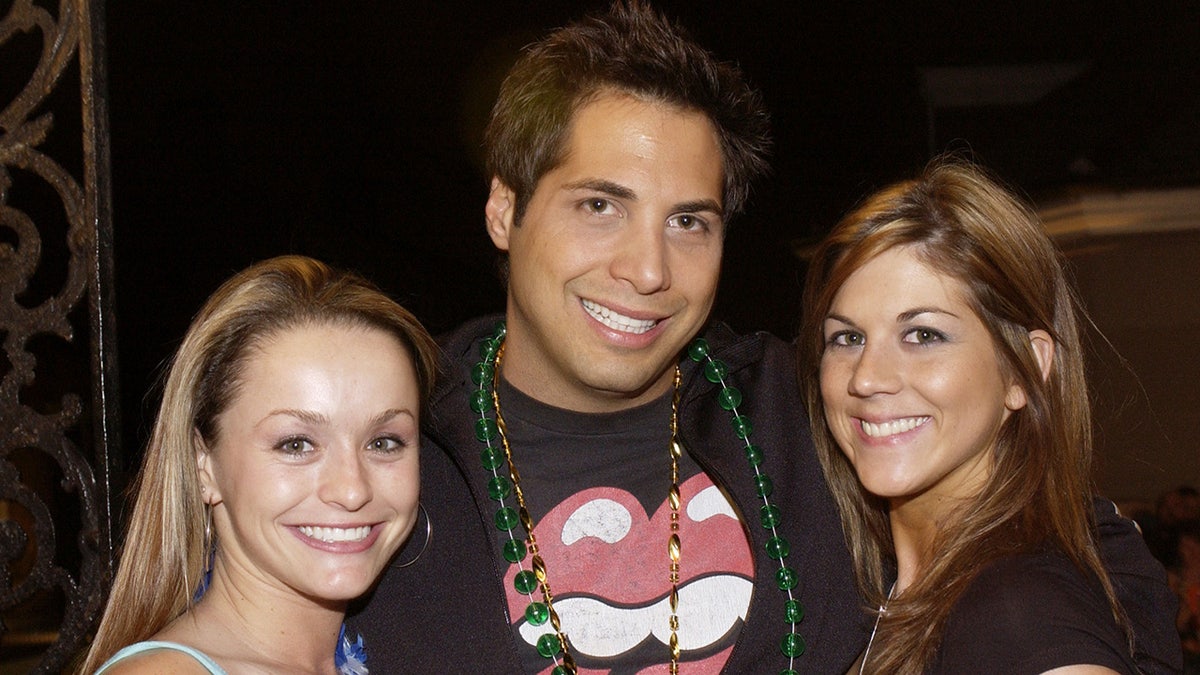
The chilling recollections shared within the docuseries are a reminder of the damaging power in the film industry. Journalist Claire Hoffman described a night of alleged aggression in an encounter with Francis, leaving her shaken and bruised. Another woman corroborated these claims, recounting her own encounter where she felt powerless, echoing a familiar fear transcending their narratives.
Francis laughed off the allegations with casual dismissal, assuring that should he ever engage in such heinous acts, “there would be so many other girls.” His claims barely scratched the surface of a tidal wave of accusations against him.

The path from arrest to fleeing has been nothing short of tumultuous, culminating in a 2011 incident that would mark another dark point in his history. Imprisoning women led to a brief confinement. Following this, he vanished to Mexico to live away from the scrutiny of law enforcement. The question remains—what reaches can he extend when the shadows hold his past tightly under their grasp?
Francis now resides in Punta Mita, Mexico, far from the storm he spun in the world of “Girls Gone Wild.” As he avows innocence, his history carries the weight of unresolved stories.
If you or someone you know has faced the trauma of sexual assault, support is accessible. The National Sexual Assault Hotline is available at 1-800-656-HOPE (4673) or you can visit rainn.org for help.


